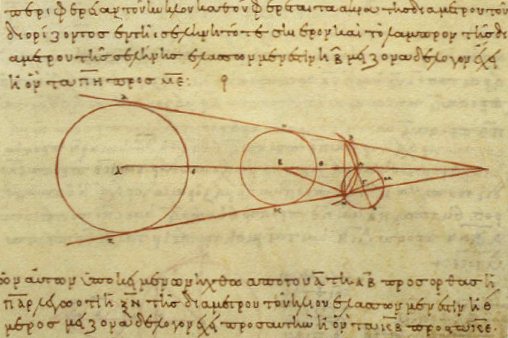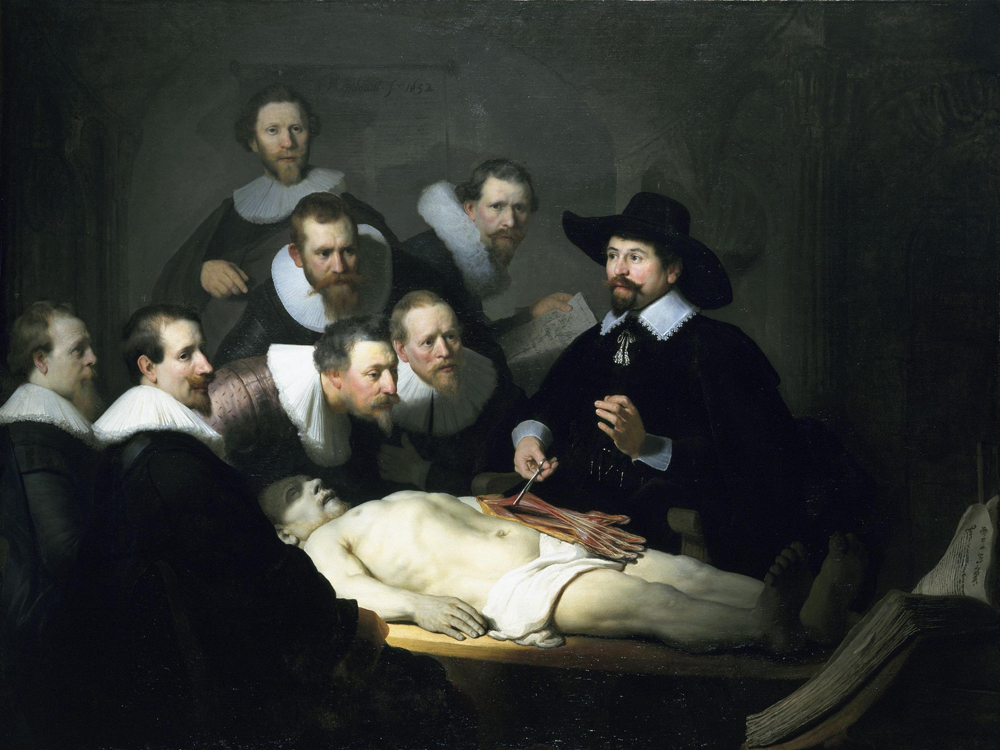The Knife Man
Wendy Moore’s The Knife Man: Blood, Body Snatching, and the Birth of Modern Surgery is fascinating but not for the squeamish. The key figure is John Hunter, an 18th-century anatomist and revolutionary surgeon of volatile temperament, with a hunger for knowledge that drove him to rob thousands of graves, record the tastes of corpses’ bodily […]

